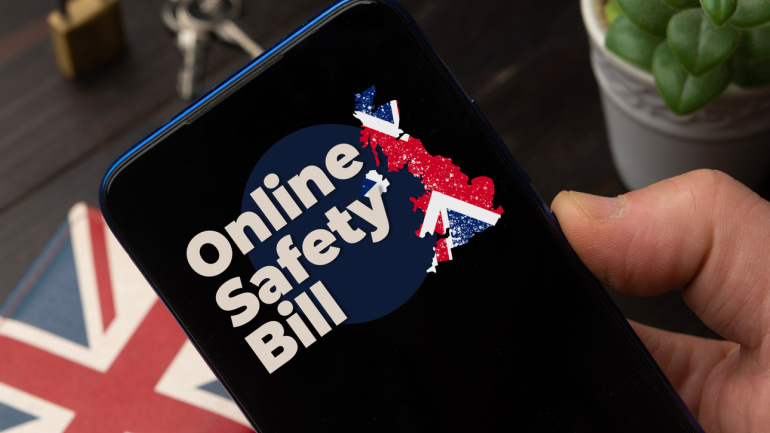The UK has spurred a global AI commitment, aptly named ‘The Bletchley Declaration,’ inviting international participants to coordinate efforts to transform AI into a force for societal good. This shared endeavor, decided during the UK-led AI Safety Summit, represents a crossroad for the world: fruitful scientific accomplishment or potential disaster if poorly managed. The declaration sets the stage for practical actions, yet, the exact plan of action remains uncertain. In light of global climate initiatives, questions arise on the effectiveness of this AI initiative. Will technological advancements in AI hold the answers to crucial global issues? Only time will tell.
UK’s communication authority, Ofcom, makes strategic updates to its net neutrality rules ensuring egalitarian treatment of internet traffic. Embracing increased clarity and efficient network design, these changes invite innovation. Yet, it also initiates debates on fair pricing, innovation, and ISP autonomy versus user control.
The UK’s newly-sealed Online Safety Act transforms Ofcom into a powerful Internet watchdog. However, its journey has sparked both acclaim and apprehensions concerning children’s online protection and potential privacy infringements, respectively. Crucially, the legislation’s implementation might take a couple of years.
Initiated by the UK government, the Shared Rural Network (SRN) aims to eradicate coverage black spots and ensure widespread 4G coverage. This project has been approached with differing bravado by top network operators. Juncture tensions arise as key operators plead for deadline leniency, while EE stands confident in its progress. All eyes are on the government’s response to this collective request while interest in the ongoing infrastructure debate climaxes. Stay informed as the narrative unfolds.
“Project Gigabit”, the UK government’s £2 billion initiative, aims to expand high-speed broadband in hard-to-reach communities. With a vision of future-proofing Britain’s connectivity, the project seeks to connect 80% of the nation by 2025. However, ensuring equal internet access brings pressing questions, such as the cost-effective efficiency of Low Earth Orbit satellites and balancing 4G and 5G network enhancements to avoid inadvertent digital inequality.
The UK Competition and Markets Authority is charting the course for fair AI practices, guided by seven strategic principles. Their balanced approach, drawn from a diverse pool of inputs, aims to ensure competitive integrity and consumer welfare in the AI-driven market. The spotlight is on accountability, ensuring AI creators shoulder responsibility for their solutions’ implications. Additionally, advocating for consumer freedom in choice and flexibility, they aim to deter anti-competitive practices. However, who exactly should uphold the principle of transparency remains unclear.
Explore the ‘Connected Nations’ report showcasing a promising surge in “Full Fibre” reach across the UK, now covering 52%. However, a static picture emerges for “superfast broadband” stuck at 97%, while Gigabit broadband registers a rise, and changes in 3G usage towards obsolescence are also highlighted. Further, discussions on smart devices over-harvesting consumer data and potential changes in the nation’s broadband landscape spark curiosity.
As the world navigates towards an AI-integrated future, the call for reliable connectivity has amplified. The UK’s telecom market, a beacon of global standing, is pivoting towards this demand. Its thrust for seamless connectivity is stimulated by the push for efficient network management and shared infrastructure. Spearheading this transformation is the UK’s transition to fibre optics, aided by the strategic decision to sunset the Public Switched Telephone Network by 2025.
Vodafone has joined the UK’s smart meter network, establishing essential 4G IoT connectivity. While Vodafone’s inclusion does not necessarily signify a replacement of current suppliers, it invites intriguing possibilities. The selection of a new provider despite existing 4G options raises questions around the decision-making process. Amid the drive to phase out 2G and 3G networks, this move potentially reflects the evolving needs of the UK’s telecoms infrastructure.
Struggling to manage its colossal debt, UK ISP TalkTalk is meticulously strategizing its exit route. Insights suggest that breaking down business units and restructuring management is a bid to steady the wavering financial ship.













